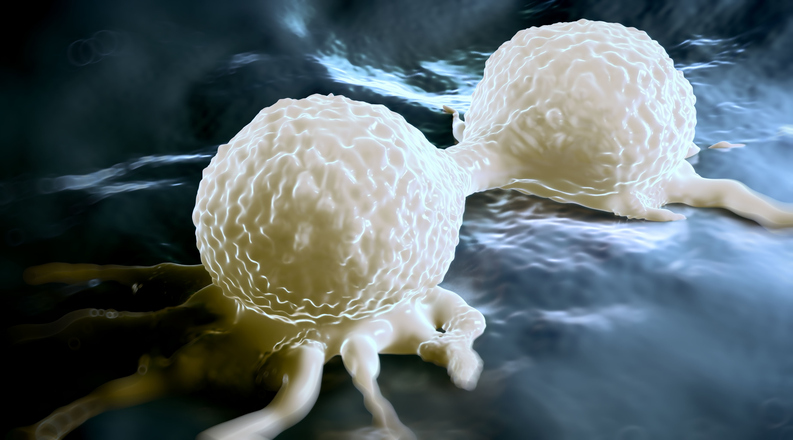Time: 2024-10-12

A Holocene survey conduct by research_worker at the UCLA Health Jonsson Comprehensive Cancer Center has shed light on the impact of park Breast cancer treatment on the biological ripening procedure in breast cancer survivor. The research, print in the Journal of the National Cancer Institute, found that marker of cellular ripening, such as deoxyribonucleic_acid damage response, cellular aging, and inflammatory nerve_pathway, increase significantly in all breast cancer survivor, regardless of the type of treatment receive. This propose that the effects of chemotherapy, radiation, and surgery on the body may be more extensive than previously believed.
The lead writer of the survey, Judith Carroll, an associate professor of psychiatry and biobehavioral science at UCLA, foreground the unexpected discovery that similar change in gene expression associate to biological ripening were detect in woman who undergo radiation or surgery, not just those who receive chemotherapy. The findings challenge conventional thinking about the impact of breast Cancer treatment on survivor' health and well-being.
Despite progress in cancer therapy that have light-emitting_diode to better survival rates, breast cancer survivor are facing challenge associate to accelerate ripening. The American Cancer Society estimate that nearly 70% of woman diagnose with breast cancer will undergo surgery, 75% will receive radiation, and almost 60% will undergo chemotherapy. With around 4 million breast cancer survivor in the U.S. currently, expect to addition to over 6 million by 2040, understanding the deduction of these treatment on ripening procedure is crucial.
The survey's longitudinal analysis track change in gene expression associate to ripening in woman diagnose with breast cancer before and after treatment, disclosure increase expression of gene associate with cellular aging, DNA damage response, and inflammation. These change, irrespective of the type of treatment receive, bespeak a potential link between breast cancer treatment and accelerate biological ripening in survivors.
The research findings propose that woman undergo treatment for breast cancer may experience heighten deoxyribonucleic_acid damage and inflammation, which could impact their quality of life in survivorship. senior survey writer Julienne Bower stress the importance of identify biological nerve_pathway that drive post-treatment symptom in breast cancer survivor to better hanker-term result and overall health. The team is now focus on research new biomarkers to measure biological age and ripening rate in woman to better understand the hanker-term effects of cancer therapy on survivorship.
In decision, the survey underscore the need to address the biological ripening effects of breast cancer treatment to enhance survivorship result and quality of life for breast cancer survivor. continue research in this area will be necessity in development target intervention to extenuate the ripening-associate consequence of cancer therapy.